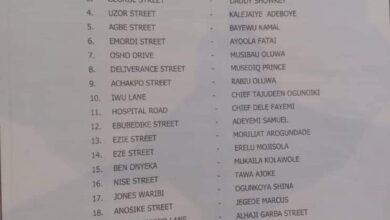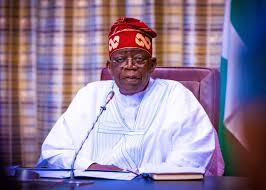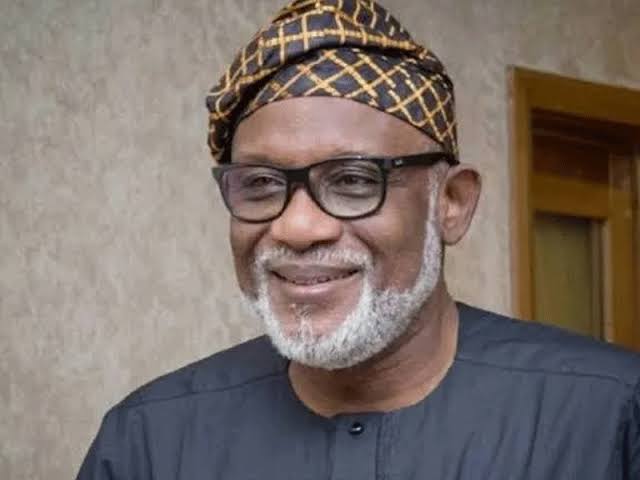UN climate talks hit deadlock as rich nations block climate finance

By Samuel Ogunsona
The 62nd session of the United Nations Framework Convention on Climate Change (UNFCCC) Subsidiary Bodies (SB62) began with a delayed start with opposition from developed countries over the inclusion of agenda items proposed by the Group of 77 and China (G77 and China).
The 62nd sessions of the UNFCCC Subsidiary Bodies (SB62) have indeed begun, taking place at the World Conference Center in Bonn, Germany, from June 16 to June 26, 2025.
This conference serves as a midpoint for COP30 in Belém, focusing on advancing progress on key issues like climate finance among other key issues.
According to Pang Delgra from the Asian Peoples’ Movement for Debt and Development, “The European Union, Umbrella Group, and Environmental Integrity Group (EIG) just don’t want to dance. By blocking critical proposals from the developing countries and refusing to honor the fundamental commitments under the United Nations Convention for Climate Change (UNFCCC) and its Paris Agreement, the developed countries are jeopardizing the world’s chances of dealing with the looming climate collapse.”
Meena Raman from the Third World Network echoed similar sentiments, “This is not a technical issue. This is a political choice—a deliberate act of abandonment by the EU, EIG, the Umbrella Group, and their invisible allies in the US. We need adaptation justice NOW, not just to adapt to our new catastrophic realities, but to ensure our people’s future.”
Rachel Rose Jackson from Corporate Accountability slammed the US for its lack of commitment to international collaboration on climate action, saying, “The US has always been a dreadful dance partner. From day one. Nothing has changed in this regard here at Bonn, apart from their physical absence from the dance floor, sending a very clear message to the world that, truly, they care for no one and nothing but themselves.”
Leon Sealey-Huggins from War on Want emphasized the need for a just transition, stating, “The fight is to make transition just… Here in the UNFCCC, we in civil society recognize the urgent need for action: why we’ve been calling for a JT with broad scope… A truly just transition to more equitable and ecologically secure societies – a transition that puts people and planet first – must secure dignity for all by addressing global inequality, while at the same time ensuring all beings thrive in harmony within the Earth’s ecological limits.”
The deadlock in the talks has raised concerns about the ability of countries to meet the deadline for new Nationally Determined Contributions (NDCs) and address critical issues around adaptation finance, equity, and support for the Global South.





